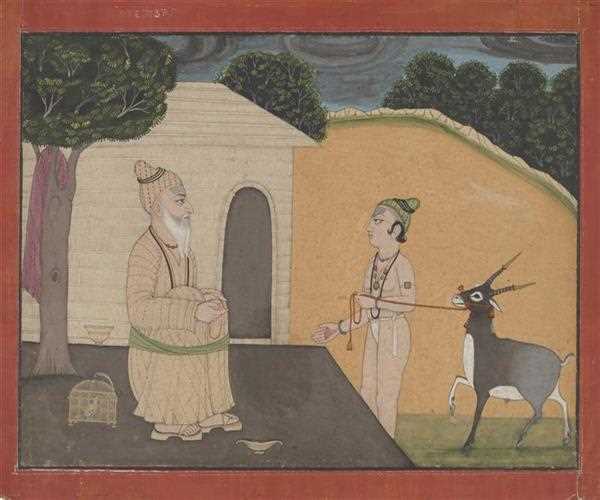
20-Dec-2022 , Updated on 12/22/2022 3:22:43 AM
An Overview of the Ancient Indian Education
The ancient Indian education system was based on the Gurukul system. In this system, the students lived with their teacher in the guru's house and were educated in all subjects. The students were not only taught academics but were also given training in various skills such as warfare, archery, and horse riding. They were also instructed in religious texts and ethics. The gurukul system was prevalent till the 6th century AD when it started to decline due to the rise of Buddhism and Jainism. later, it was replaced by the formal education system introduced by the British.
The Vedic Period
The Vedic period is the earliest of the four periods in Indian history. It is named after the Vedas, the earliest sacred texts of Hinduism. The Vedic period began around 1500 BCE and lasted for about 1000 years.
- During the Vedic period, the main form of education was through the oral tradition. The Vedas were memorized and recited by priests, who then taught them to students. This method of transmission ensured that the Vedas were passed down accurately from generation to generation.
- The content of the Vedas was mainly religious in nature, dealing with topics such as ritual, cosmology, and ethics. However, they also contained some information on science and medicine. In addition to the Vedas, there were also other important texts written during this period, such as the Upanishads and the Epic poems (e.g., Ramayana and Mahabharata).
- Overall, education during the Vedic period was highly valued and seen as essential for both individuals and society as a whole. It was believed that through education one could attain moksha (liberation from rebirth), which was considered to be the highest goal in life.
The Gurukul System
The Gurukul system was the traditional form of education in ancient India. In this system, students would live with their guru (teacher) and receive instruction in a variety of subjects, including religion, philosophy, mathematics, and logic. This type of education was believed to be more effective than formal schooling, as it allowed students to learn at their own pace and develop a close relationship with their guru.
The Modern Period
- The Modern Period of Indian education began in the late 19th century. This was a time when the British colonial government began to take an active interest in education in India. The first universities were established, and English became the language of instruction.
- During this period, Indian education was heavily influenced by Western models. However, there were also efforts to create educational institutions that would be more relevant to Indian culture and society. For example, the Tagore family founded an experimental school at Santiniketan which combined Western-style education with traditional Indian values.
- In the post-independence era, the government of India has made a commitment to provide universal access to education. In recent years, there have been significant advances in educational infrastructure and quality. However, there are still many challenges that need to be addressed, such as high drop-out rates and disparities between rural and urban areas.
Conclusion
With so many great options to choose from, it can be difficult to decide on the best city to live in the US in 2022. The cities included in this list are all excellent choices that offer a variety of amenities and attractions for residents. No matter which one you choose, you can rest assured that you’ll have access to world-class education and healthcare systems, as well as plenty of entertainment and cultural activities. Whether you want a big city experience or a more laid-back lifestyle, these ten cities will provide everything that you need!

SEO and Content Writer
I am Drishan vig. I used to write blogs, articles, and stories in a way that entices the audience. I assure you that consistency, style, and tone must be met while writing the content. Working with the clients like bfc, varthana, ITC hotels, indusind, mumpa, mollydolly etc. has made me realized that writing content is not enough but doing seo is the first thing for it.
Comments
Join Our Newsletter
Subscribe to our newsletter to receive emails about new views posts, releases and updates.
Copyright 2010 - 2026 MindStick Software Pvt. Ltd. All Rights Reserved Privacy Policy | Terms & Conditions | Cookie Policy